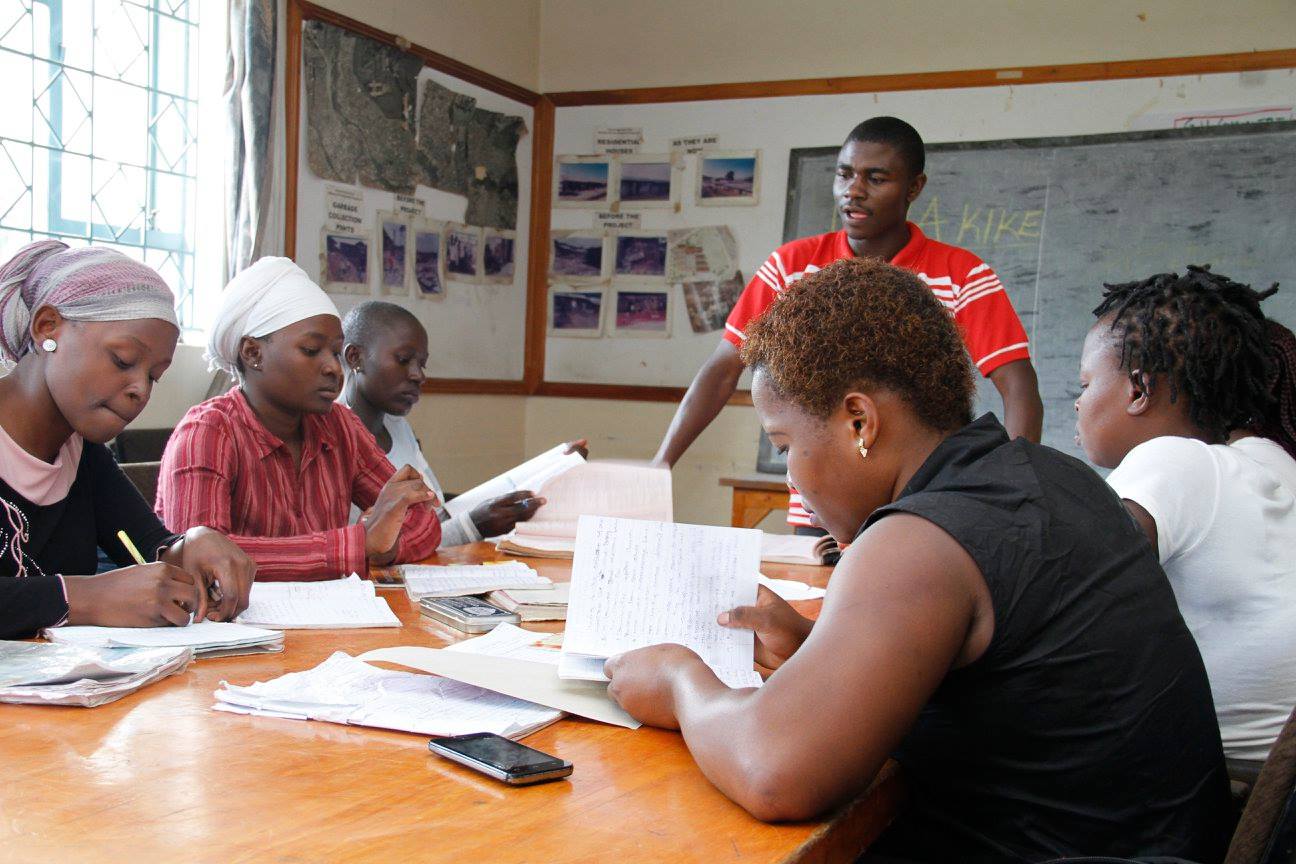According to the United Nations Population Fund (UNFPA), nearly 378,400 adolescent girls in Kenya aged 10 -19 became pregnant between July 2016 and June 2017. Data shows that amongst 19-year olds, the number doubles to two out of ten. The Kenya Demographic Health Survey trends look even worse estimating that 18% of girls aged 15 – 19 become pregnant every year in the country, with a stark 0.5% of girls dropping out of school due to rape-related cases.
With such realities, it’s easy to assume that the future for women and girls in Kenya is bleak. However, the girls and women’s rights movement has made great strides in chipping away at these glaring challenges with new actors beginning to challenge the status quo in refreshingly new ways. The spirit driving this movement is heavily underpinned by a feminist ethos that is unapologetically clear – if Kenya is to achieve gender equality and the sustainable development goals, then women and girls need the space and opportunity to determine and own their choices. This movement is anchored by its resolve to have more women and girls who can safeguard and uplift the rights and status of the girl-child.
One such actor is Akili Dada, a convenor of girls and young women leaders across East Africa. Akili Dada’s model focuses on investing in the capacity of emerging female innovators who have the passion and drive to address social challenges in their communities. This approach raises the profile of young women leaders, provides them access to networks, and helps to strengthen their leadership capacity including the ability to scale their impact.
The ripple effect case study – a demonstration that when you invest in a woman you empower the community
In 2016, Akili Dada recruited Susan Achieng – the founder of Inua Kike, a community-based organization in Nairobi – to join the young leader fellowship program. As Akili Dada continued working with Susan, it became clear she had a powerful story and an innate desire to transform lives through education – particularly for women like her who had been forced to drop out of school. Through Inua Kike, Susan offers a haven of social, emotional, and financial support for women who wish to acquire their Kenya Certificate of Secondary Education (KCSE). Equivalent to a high school diploma, this certificate plays a crucial role in helping young women access employment opportunities and opens the door to a much brighter future.
Susan strives to create awareness among young mothers, single mothers, and young women that they can have a second chance at receiving their high school diploma, securing gainful employment, and/or access to a university education. Since opening, Inua Kike has helped five women receive their KCSE certificates and two have gone on to higher education or quality jobs.
“One of our own Maureen Riziki, dropped out of secondary school due to early pregnancy. She had lost hope and was not in good terms with her parents as they felt like she had failed in life. She joined Inua Kike and was able to sit for and pass her exams,” narrates Susan. “With the help of Inua Kike, she(Maureen) was able to get a bursary from her local Member of Parliament to study plant operation using the KCSE certificate. This government course certificate will open doors for her to easily get a job and help her restore dignity in her family.”
Both Susan and Maureen’s stories demonstrate the power of education and the positive ripple effect it creates across families and communities. We know that small wins like the success of Inua Kike can lead to big wins that power progress and lift up other women across Kenya. It is through an example like this that we are motivated by the evidence that stories empower others.
To find out more about Akili Dada visit www.akilidada.org. To find out more about Inua kike visit www.inuakike.org.
